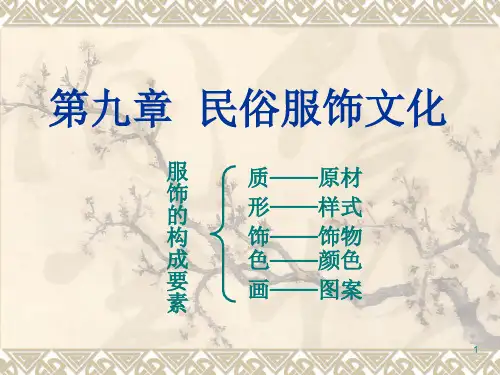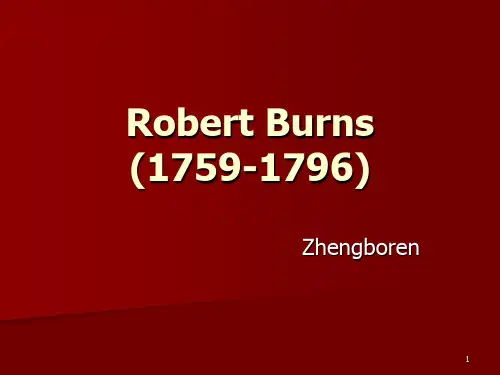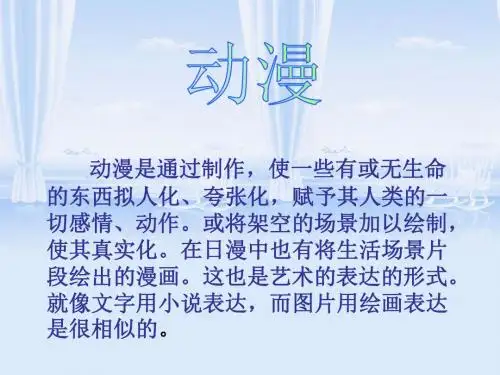Although poverty limited his formal education, Burns read widely in English literature and the Bible and learned to read French.
He was encouraged in his self-education by his father, and his mother acquainted him with Scottish folk songs, legends, and proverbs.
6
Agnes Brown, Burns' mother
By permission of the National Galleries of Scotland
7
Arduous farm work and undernourishment in his youth permanently injured his health, leading to the rheumatic heart disease from which he eventually died.
songs to Scots Musical Museum (6 volumes,
1783-1803), a project initiated by the engraver and music publisher James Johnson.
Beginning in 1792 Burns wrote about 100
During the next two years he produced most of his best-known poems, including “The Cotter's Saturday Night,” “Hallowe'en,” “To a Daisy,” and “To a Mouse.” In addition, he wrote “The Jolly Beggars,” a cantata chiefly in standard English, which is considered one of his masterpieces. Several of his early poems, notably “Holy Willie's Prayer,” satirized local ecclesiastical squabbles and attacked Calvinist theology, bringing him into conflict with the church.










